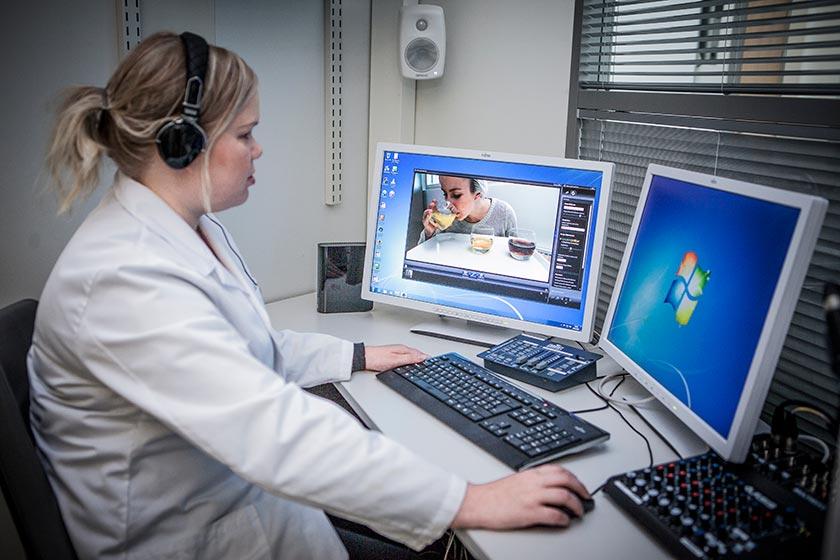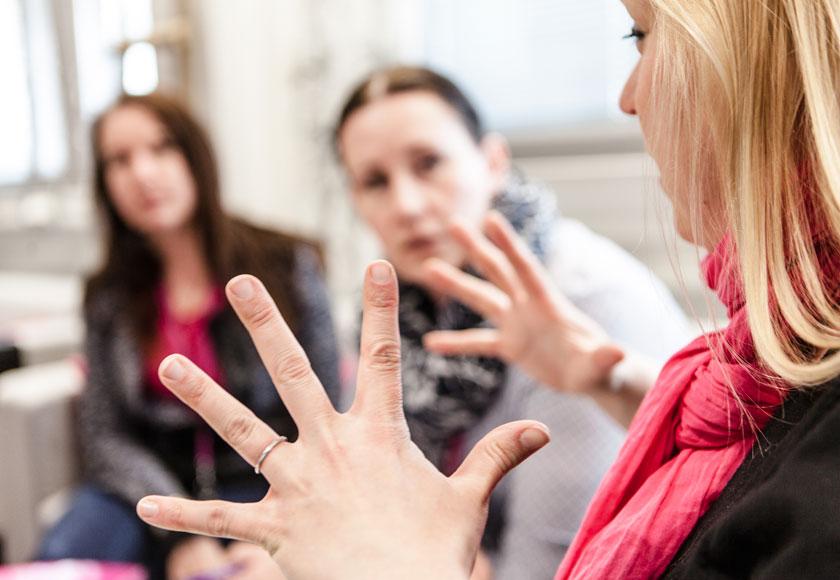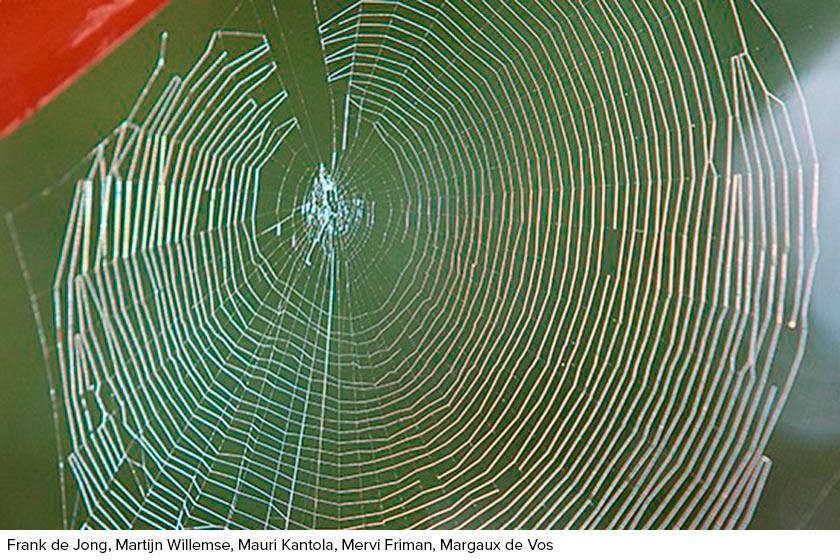
Hanna Elomaa-Kiuru & Pia Lundbom
What is permanent in working life is change. Change is enabling, but of course also challenges different actors. For example, the coronavirus pandemic rapidly increased remote work in expert positions, which on the one hand forced the adoption of different technologies and on the other hand also challenged us to accelerate technological development to meet the changing needs of working life. The diversifying use of artificial intelligence or support intelligence, however we want to look at it, poses questions about its (un)desirability.
Demographic change affects the social and health care sector and the education sector, amongst others. Hope is invested in workforce migration. The changing demographic structure and harsh political decisions have an impact on basic work functions across sectors and the nature of expert work. On the other hand, diminishing resources challenge actors in various fields to examine their expertise from a new perspective, in order to respond to the changing operating environment and to secure expertise also in the future.
The know-how needed in working life evolves. One cannot keep up with everything, nor control everything. The ability to identify content beneficial for oneself becomes significant. Resilience and preparedness for self-development are needed, along with opportunities to develop one’s skills. The decisions made by the current government concerning the termination of adult education allowance and job alternation leave will also have an impact on the opportunities of University of Applied Sciences staff to develop their competences. On the other hand, the competences of the staff of the University of Applied Sciences should suffice for producing learning environments for updating skills to others.
”Permanent change” affects the practices of universities of applied sciences, as it affects everyone. The development of artificial intelligence is reflected in written assignments and theses. An increasing number of people interested in for example master’s degrees, consider questions related to studying alongside work and other aspects of life. In addition, Universities of Applied Sciences must design their education paths so that graduating students have relevant competence for working life. RDI is one of the assets for Universities of Applied Sciences. RDI projects enable scrutinizing development needs in the context of working life. Various projects and skill update periods also enable continuous competence development for the personnel. Through RDI-based learning, students get to work with genuine working life challenges.
The articles in our theme issue approach working life and the change in competence needs through the related opportunities and challenges. The focus is on the context of Universities of Applied Sciences. There are definitions for education-specific and common competencies for university of applied sciences degrees and master’s degrees. In practice, these definitions also help to form an idea of what kind of competence can be expected from graduates. All universities of applied sciences graduates, whether they have a bachelor’s or master’s degree, should have competence in, for example, sustainable development, digitalisation and multiculturalism. The texts in this issue examine competence needs in an interesting way and give examples of how universities of applied sciences respond to their change and development.
Author information
Hanna Elomaa-Kiuru, DSocSc, entrepreneur, Senior Lecturer, University of Applied Sciences, Master Degree Development Group, Humak University of Applied Sciences (Humak)
Pia Lundbom, DSocSc, Principal Lecturer, Master Degree Development Group, Humak University of Applied Sciences (Humak)







